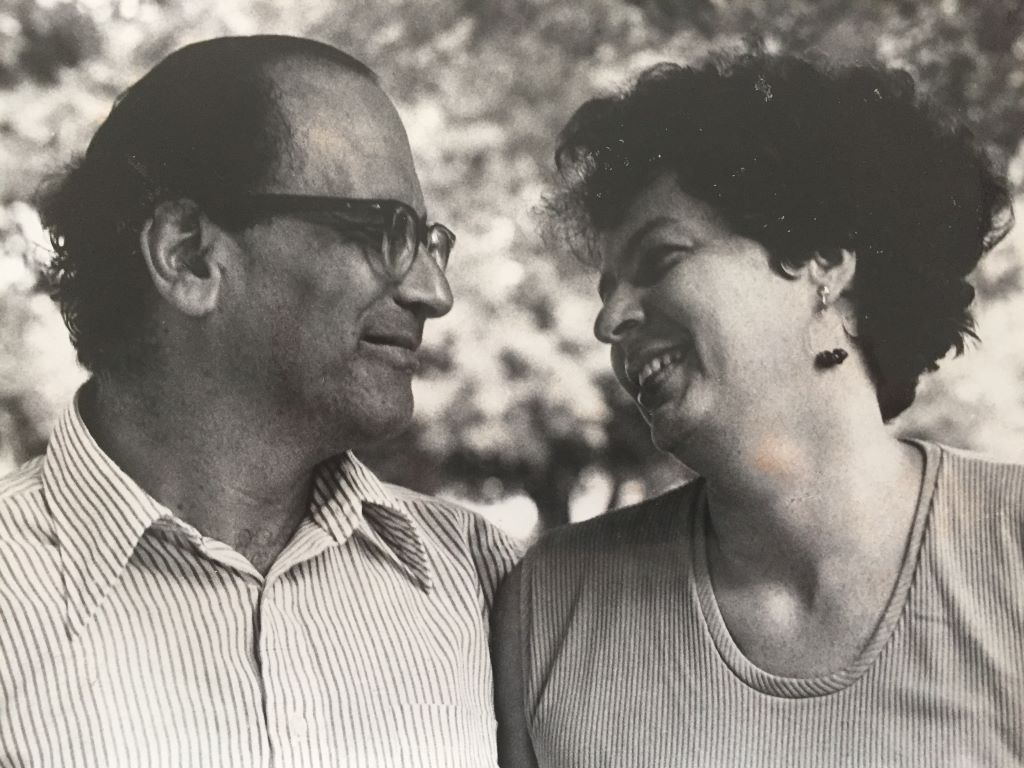I catch a crowded train, lucky to get a seat, unlucky to be squashed into the company of two Americans who want to talk. I want to read. She catches the cover of my book, and we connect. She works in schools with disadvantaged and disabled children just like me and so we talk of autism, it is my special subject and one of her interests too.
Her husband is an academic. He specialises in civil rights and trade union rights. They are here on holiday, an annual event to see their old friend, Tony Benn. More connections! We swap ideas on socialism and promise to write.
We keep our promise. Judy sends me articles on autism from the New York Times and when our countries invade Afghanistan I share pictures of the protests here and Judy tells me of the anti-war group they are part of in Cincinnati. Eventually the writing stops. And then I find an old letter in my desk and wonder whether they are still alive.
So I turn to the web and discover that Herbert Shapiro died in 2012. Herb and Judy never told me that they were active in the civil rights movement in Alabama in the 1960s where he taught at a segregated college in Atlanta. Herb took part in the famous civil rights march from Selma to Montgomery, Alabama that met with such violent opposition that President Johnson ordered military and FBI protection for the marchers. Herb and Judy knew Martin Luther King Jr, and they attended Dr. King’s funeral.
When he became a professor at the University of Cincinnati, Herb pioneered black studies at a time when it was rarely taught. After he died Judy endowed a foundation in his name to fund students of black history at the University of Cincinnati. Herb was also a union activist who helped to build the Cincinnati chapter of the American Association of University Professors into an effective collective bargaining unit, and to participate in two brief, successful work stoppages that improved both wages and benefits for regular full-time faculty.
These people are heroes and my first impression of them was, ‘Oh no! Stuck on a train with a couple of American tourists!’ Looking back, I realise that they said very little about themselves on that journey. They encouraged me to talk about my life, my work, my family because they had a genuine interest in connecting with people. They taught me to ask and to listen. If I had learned that sooner, oh what stories they could have shared with me! I believe Judy is still alive. If I can find her again it may not be too late to listen and learn.
